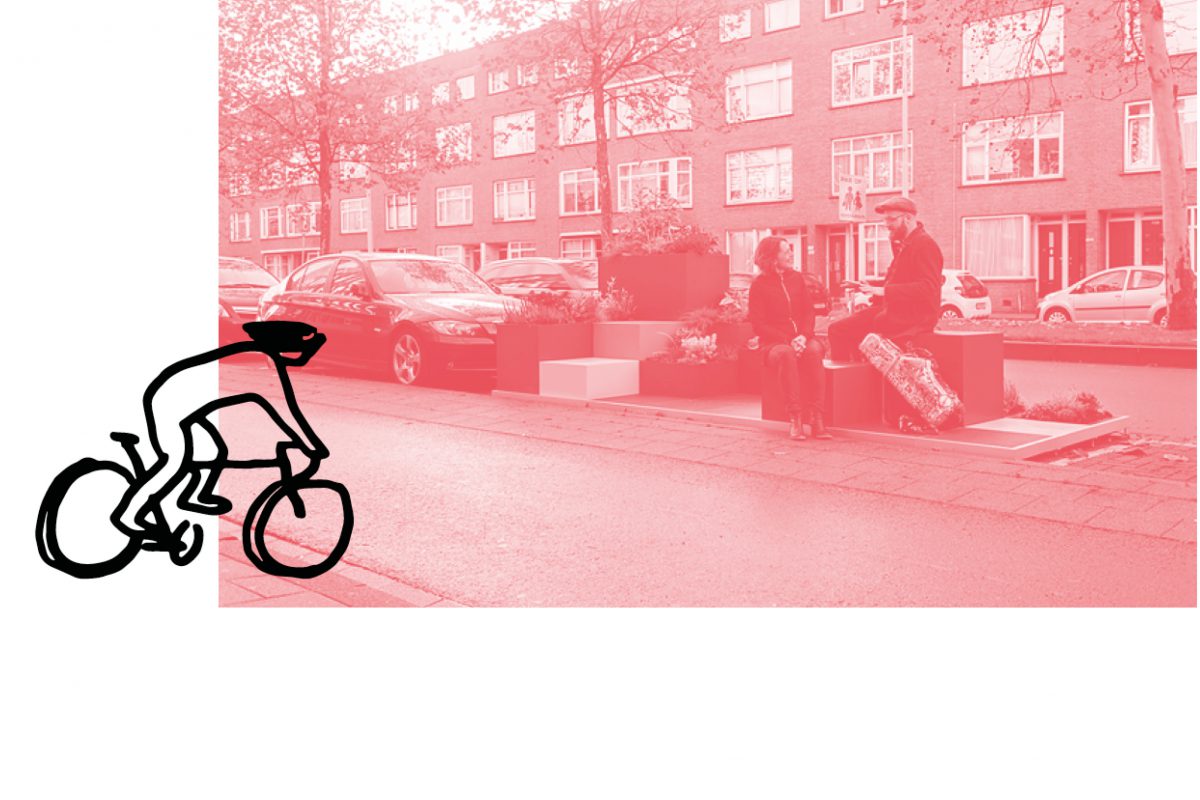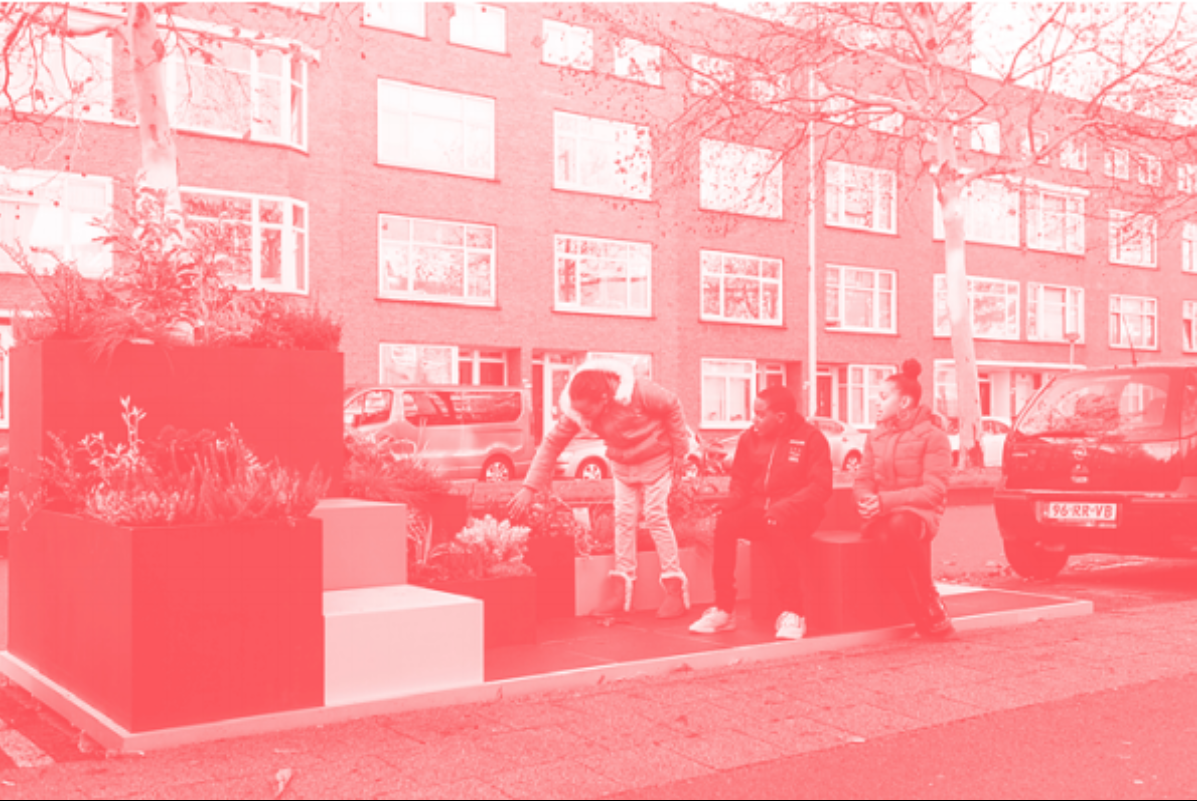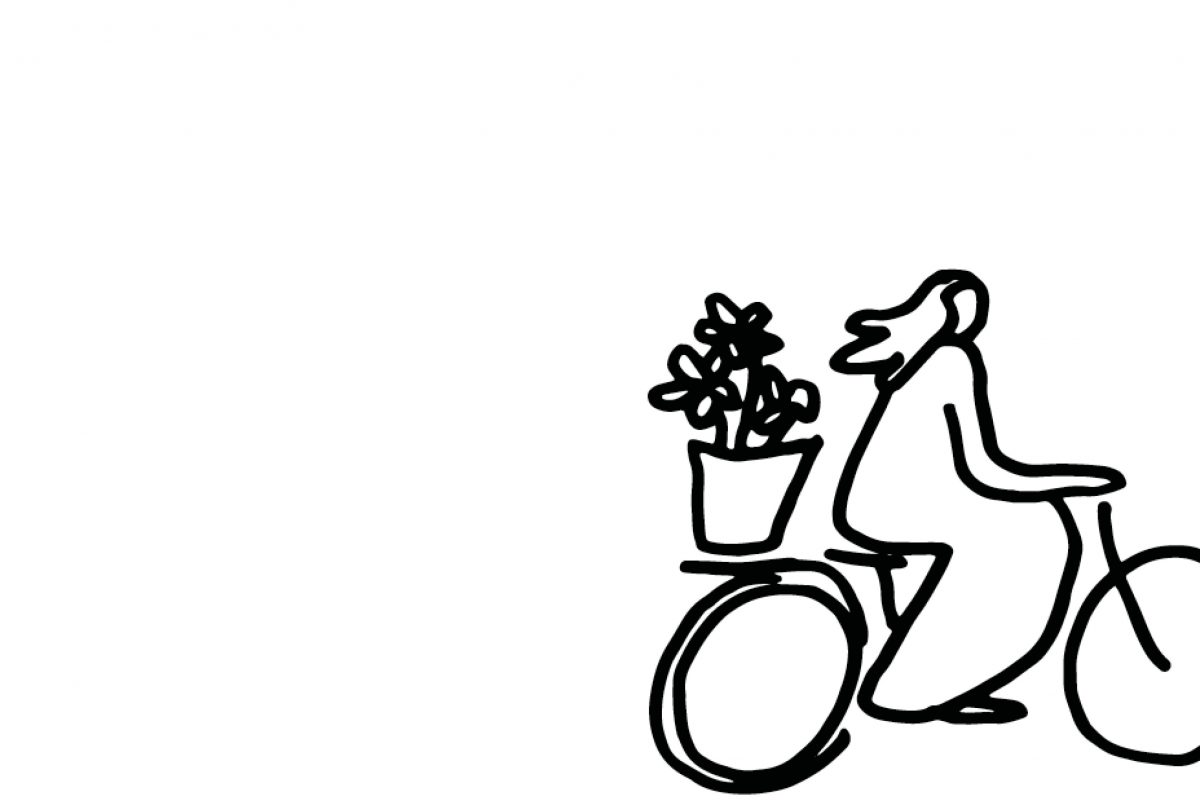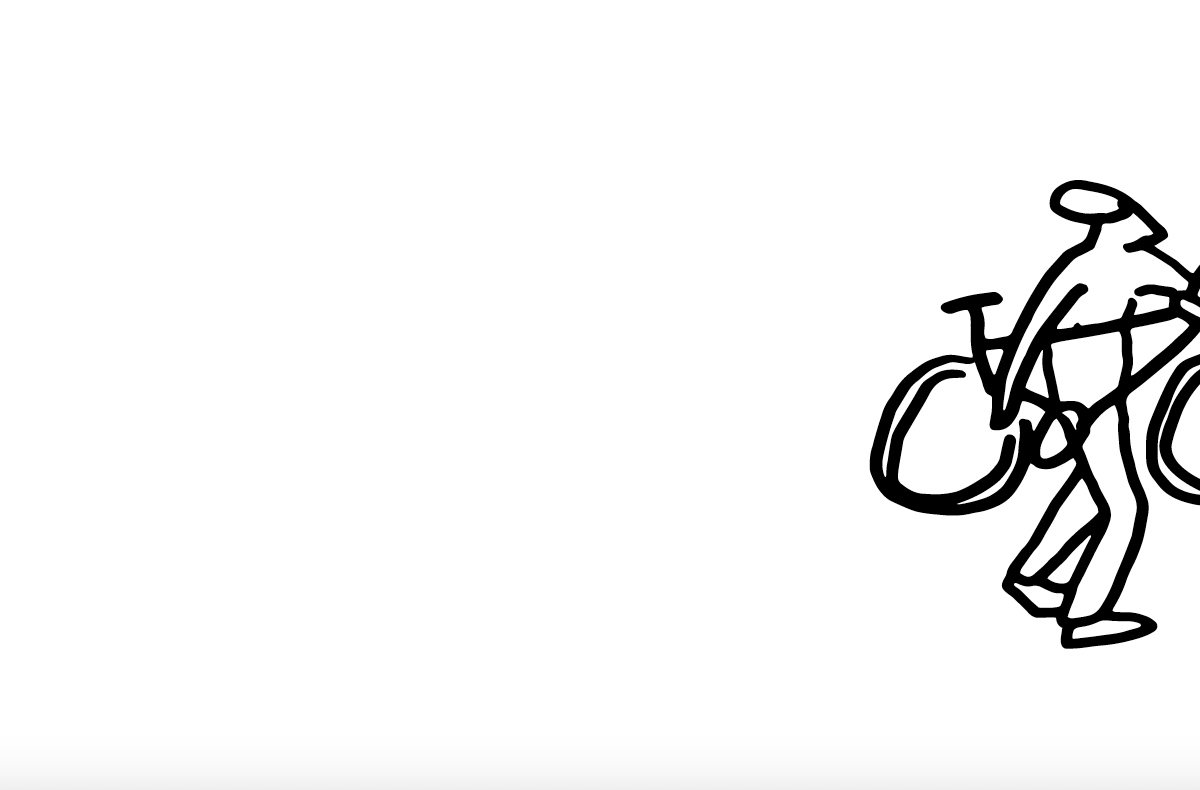
Keep up with our latest news and projects!

The Netherlands is known around the world as a cycling heaven. Every tourist arriving in the country for the first time encounters a scene they have probably never witnessed before: countless cyclists rushing through dense cities, using state-of-the-art bike infrastructure to get from point A to point B. Cycling in the Netherlands is indeed part of people’s daily life, and therefore a core part of the Dutch identity and culture.
But that’s not the case everywhere. In the southern part of Rotterdam, the second largest city in the Netherlands, the story is different. In some of the districts located below the Nieuwe Maas river, including IJsselmonde, Charlois, and Feijenoord, cycling figures are gloomy by Dutch standards (City of Rotterdam, 2018).
In a country built for the bicycle, less cycling means limited cultural and occupational opportunities, higher transport costs, possible barriers to meeting with friends and family, lower rates of physical activity and a higher chance of obesity.
Some of the reasons for the low bicycle use in this area include car-oriented infrastructure, a negative social perception of bike riding, lack of bicycle ownership, and people – particularly from a migrant background – simply not knowing how to cycle. The area is also home to some of the poorest communities in the Netherlands (City of Rotterdam, 2017).


To tackle these challenges, we launched the ‘Fietsen op Zuid’ (‘Cycling in the South’) programme. It was initiated in 2016 by DRIFT (Dutch Research Institute for Transitions), Humankind (a Rotterdam-based agency for urban change) and the Dutch Cyclists’ Union, and it was funded by and in collaboration with the municipality of Rotterdam.
The goal of the programme is to promote cycling as a means for socio-economic development in Rotterdam South. Its holistic approach addresses four aspects for successful promotion of biking: lifestyle, education, access to bikes, infrastructure and public space.
Over the years, we have implemented numerous programmes and pilot projects to promote these elements: from urban interventions, through social programmes, to meetups between residents. In order to truly create a sustainable change, ‘Fietsen op Zuid’ brings together local organizations and networks: the municipality’s public health department, schools, a mosque, an organization for women’s empowerment, local media, and businesses.
Below we describe two of our projects. We believe they can inspire other cities to promote cycling in an inclusive way.
Cycle Along (‘Fiets Mee’)
Developed together with the local organization ‘Sezer voor Diversiteit’, Cycle Along promotes bicycle use among women in Rotterdam, especially among women with a bicultural background. The programme includes cycling lessons for hundreds of women and the establishment of a special ambassadors network.The network of ambassadors and trainers is especially important as it allows female participants to become teachers for other fellow women in the area. This was the key to building an expansive network of women who are all learning to cycle. It also lowers the barrier to entry for prospective participants.Cycle Along stimulates women and their families to use bikes instead of cars or public transport. The programme not only empowers participants, but it also enables them to live a healthier lifestyle and to extend their social and economic networks.
Bike-friendly Schools
Children – and their parents – need to get to school on a daily basis. Unfortunately, many of them choose to go by car even when the distance between home and school is fairly short.In order to make cycling more appealing, we have worked on creating bike – and pedestrian -friendly school areas. We provide school classes, refurbish bicycles for kids whose families cannot afford to buy one, and we also redesign the schoolyard and the public space around schools using tactical urbanism.Hence, we not only upgrade the physical elements around schools, but we also raise awareness on the importance of a healthy lifestyle. The solution is not to patronize, but to establish a dialogue with the children and their parents in order to understand why they choose the car over the bicycle. In the end, if we create a habit of cycling to school, we are essentially promoting cycling for generations to come.If we can create better schools, we can create better neighbourhoods.



One key lesson from this project is that complex challenges require holistic solutions. Promoting cycling is not merely an issue for mobility departments. We need to bring on board a wide range of actors and focus seriously on the social and economic benefits of cycling if we want to see more people opt for the bike.
‘Fietsen op Zuid’ shows cities that working together with local actors is the right path to success. The existing local networks create the bridges needed for sustainable change.
We hope that this project will inspire cities to focus on mobility as an empowering force. When we realize that cycling is not only a means to get from A to B, but a tool for promoting the health, economy, and social values of the community, we can create better cities together.
